SUMMARY
This is AI generated summarization, which may have errors. For context, always refer to the full article.
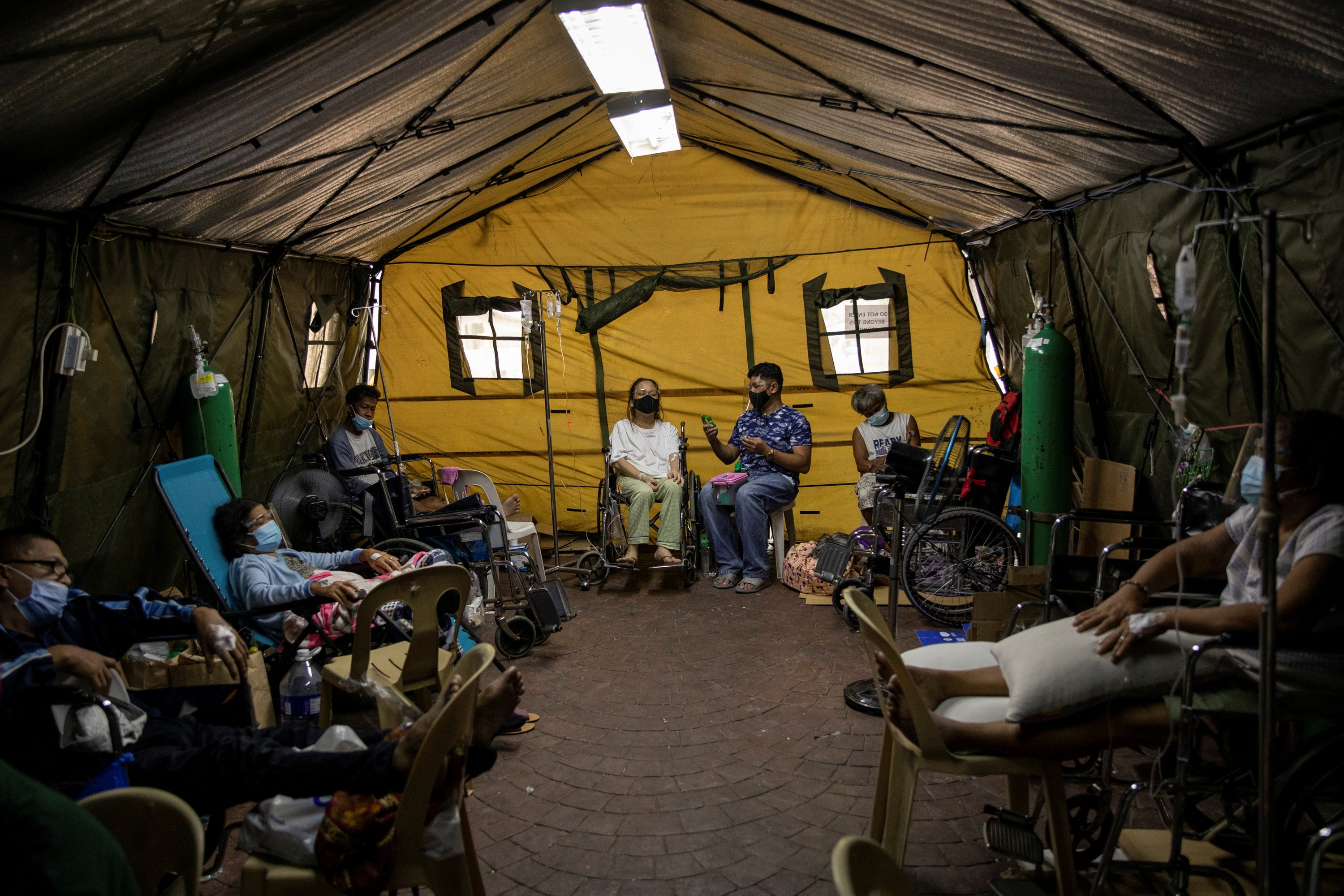
Former health secretary Manuel Dayrit thinks Metro Manila, Rizal, Bulacan, Cavite, and Laguna should remain under modified enhanced community quarantine (MECQ) in May, given the continued rise in COVID-19 infections.
He echoed the Department of Health, which has recommended an extension of the MECQ that has been in place for two weeks and is set to end on Friday, April 30. Before that, this area called “NCR Plus” had been under enhanced community quarantine (ECQ) for two weeks.
“I think the trade-off here is whether you want to risk it because it could still get worse. And therefore I think that’s what the decision makers have to decide considering also the other factor of the economics. Therefore, on the side of prudence, I’d lean towards extending it,” Dayrit said in a Rappler Talk interview on Monday, April 26.
He pointed out that though that the government and Octa Research have said the SARS-CoV-2 reproduction rate in Metro Manila went below 1 last week, pointing to less transmissions per infected person, but cases are still in the 8,000s.
“Cases are still high, although there’s been a slowdown of growth, but the growth of cases is still positive,” said Dayrit.
The same can be said of Rizal, Bulacan, Cavite, and Laguna, where Dayrit noted a decline in cases but also saw a fluctuation in numbers which remain high compared to February levels.
“If numbers were the only criteria, my sense would be to extend MECQ in parallel with NCR,” he said.
ICU capacity still at critical level
Hospitals in the megacity also remain full or at critical levels, which increases the likelihood of deaths among patients who fail to get proper treatment.
According to the DOH, 71% of ICU beds in Metro Manila are occupied, as of Monday. Occupancy rates of 70% or higher fall under the critical level based on the government’s categorization system.
Dayrit also considered the still low number of people who have gotten vaccinated. As of April 25, only 1.7 million people, out of the target 70 million for herd immunity, have been given anti-COVID-19 shots.
“If they say it’s (reproduction number) now less than one, then so be it, but it’s a very volatile situation. You can just have super spreader events that can wipe out that gain,” said the former health chief.
President Rodrigo Duterte is expected to announce the post-April 30 quarantine classifications on Wednesday, April 28.
Pandemic control efforts ‘in respiratory distress’
To address the surges and ensure more COVID-19 patients get the treatment they need, Dayrit said that while adding more beds is laudable, it has proven insufficient given the exponential nature of the transmissions.
He said government needs to invest more in hospitals and aspects of pandemic response designed to prevent infections.
“National government really has to invest in pandemic control. If money was oxygen, I think our pandemic control efforts are in respiratory distress. You have to invest in pandemic control, particularly in our frontline facilities. That includes testing, contact tracing, and treatment,” said Dayrit.
To address hospitals’ liquidity concerns and lack of funds to expand COVID-19 treatment facilities, Duterte had ordered the Philippine Health Insurance Corporation (PhilHealth) to speed up payment of pending reimbursements to hospitals.
The pandemic task force also came up with a “debit credit” payment method so hospitals can get better access to PhilHealth payments, with which to expand their COVID-19 beds.
But it remains to be seen if these efforts have done much to prevent deaths of persons awaiting fCOVID-19 treatment.
Dayrit noted the gaps that remain in the country’s contact tracing, despite funding for it in Bayanihan laws and the 2021 national budget.
He also suggested that national government be more responsive and better coordinated with local governments, which Dayrit called the “engines” of pandemic response.
“National government has to behave in a way that it enables and empowers. What I see is a lack of is directives from national government to local government, ‘Do this, do it this way, etcetera.’ The question you have to ask is, how enabled and empowered are local governments to do that?” said Dayrit.
Cities have asked the national government, for instance, for more contact tracers and for a steady supply of vaccines.
– Rappler.com
Add a comment
How does this make you feel?
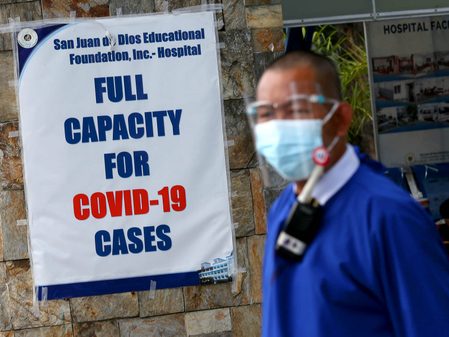
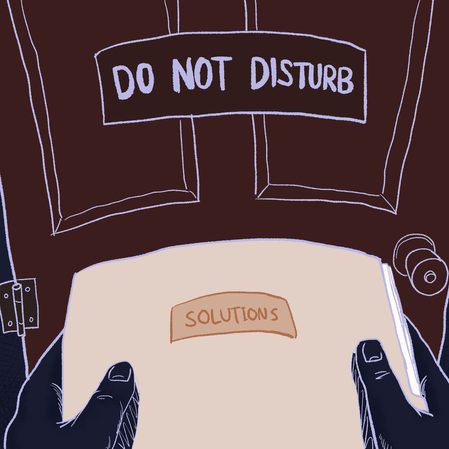
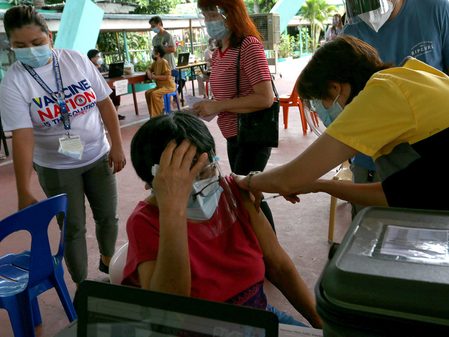




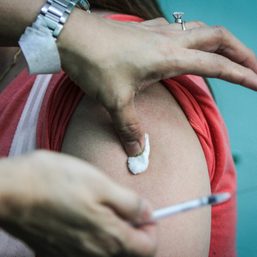
There are no comments yet. Add your comment to start the conversation.